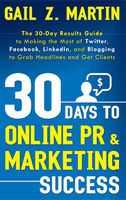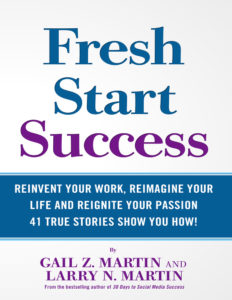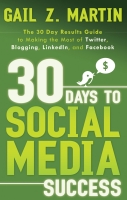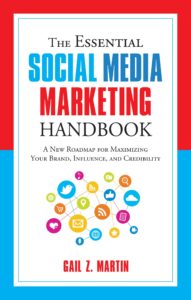While directories like Yelp permit customers to add comments, there are also plenty of other sites that specialize in reviews. These include dedicated review sites like ConsumerReports.com, which covers a wide array of consumer products, and more specialized sites reviewing movies, books, camera equipment and other niche interests. As newspapers and magazines have cut “soft” news, such as reviews, online sites have sprung up to fill the gap. Some of these sites, such as RogerEbert.com, are from a well-known expert (in this case, Chicago Sun Times long-time movie reviewer Roger Ebert), but many are written by citizen-journalists out of a passion for the subject.
Love reading? You can start with reviews posted by readers on Amazon.com, and even read best-of lists compiled by other Amazon users. But if you want to go deeper, you’ll find dozens—perhaps hundreds—of blogs and review sites in your favorite genre or non-fiction topic dedicated to book reviews. In many cases, the reviews are the opinion of the site owner and will be colored by their personal likes and dislikes (which is part of the charm for readers). In other cases, the review site will recruit reviewers who agree to submit reviews according to the site’s guidelines.
You’ll find review sites for cameras, camping equipment, board games, computer peripherals, video games, luggage, sound equipment—just about every hobby under the sun. Some sites have only a few hundred readers, but more established sites can get millions of hits from a legion of dedicated readers who turn there first for information. So, how do you get included?
Begin by reading the site carefully. Many sites explain how they acquire the items they review. In some cases, reviewers speak solely from their own experience with items they buy and use themselves (you’ll find this true for many book review sites, for example). Other sites have a policy for receiving free samples from companies, and will disclose that the items were sent free of charge instead of purchased. Big review sites (such as ConsumerReports.org) have a budget to purchase items for review, to avoid any appearance of conflict of interest.
Next, read the reviews to determine the personality of the reviewer. Some reviewers try hard to be impartial, citing both the positives and negatives. Others enjoy trashing everything, or take a very snarky tone. That’s part of their personality and it draws their loyal readers, but it may not be a good fit for your product. Know what you’re getting into before you try to place your product with a reviewer.
Follow the site’s guidelines for requesting a product review. They may want you to query first before sending the actual item. Some sites will review certain types of products only on a seasonal basis, or may have designated months for different categories of items. If so, their guidelines will tell you how far in advance to submit your request and/or items to be considered for a review.
Should you only shoot for reviews from large sites? Not necessarily. Smaller sites, blogs and social media review pages may not have millions of readers, but they probably do have a loyal core of followers who could be valuable early adopters and spark buzz. These sites are usually more approachable than some of the very large review pages, and may provide quicker turnaround. Treat every reviewer with respect regardless of the site of his or her following, and be sure to follow their guidelines to the letter.
Realize that when you submit your product for review, you agree to accept whatever they post. Reviewers are not required to like your product just because you sent it to them for free. Even a positive review may include some criticism just to be balanced. It’s also possible that a reviewer may write a negative review, especially when the review is highly subjective, such as reviews on books, restaurants, food items, and other products dependent on the user’s tastes. You can’t demand that a negative review be withdrawn unless it is truly vulgar and profane or meets the legal definition of slander, which can be difficult to apply given the protection afforded to journalists, even for unpopular comments. Where user comments on a directory might be removed by the site administrators, when you’re dealing with a review site, you’re usually dealing with the owner whose “product” opinion. That’s why it’s so important to assess the personality of a reviewer before submitting items for review.
Getting a great review online can provide tremendous visibility to consumers who might not otherwise have become aware of your product or service. Excerpts from great reviews can also be quoted in praise of your product, and links to positive reviews can be posted on your site. (Never copy the entire review without the writer’s permission, since reviews have copyright protection.) While there is some time and effort involved in compiling a list of relevant reviewers and sending off items for review, you can receive tremendous promotional value for a relatively small investment in time and shipping costs—a truly productive way to market your company!
Excerpted from 30 Days to Virtual Productivity Success by Gail Z. Martin







